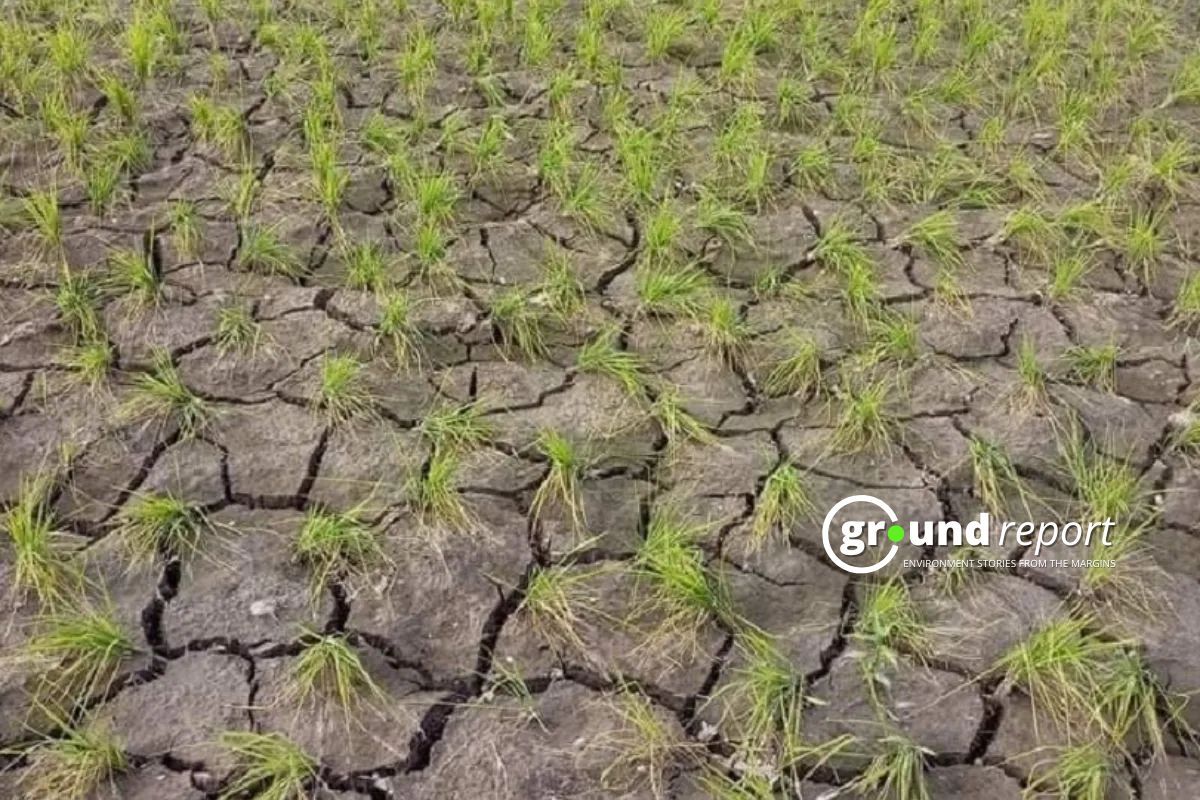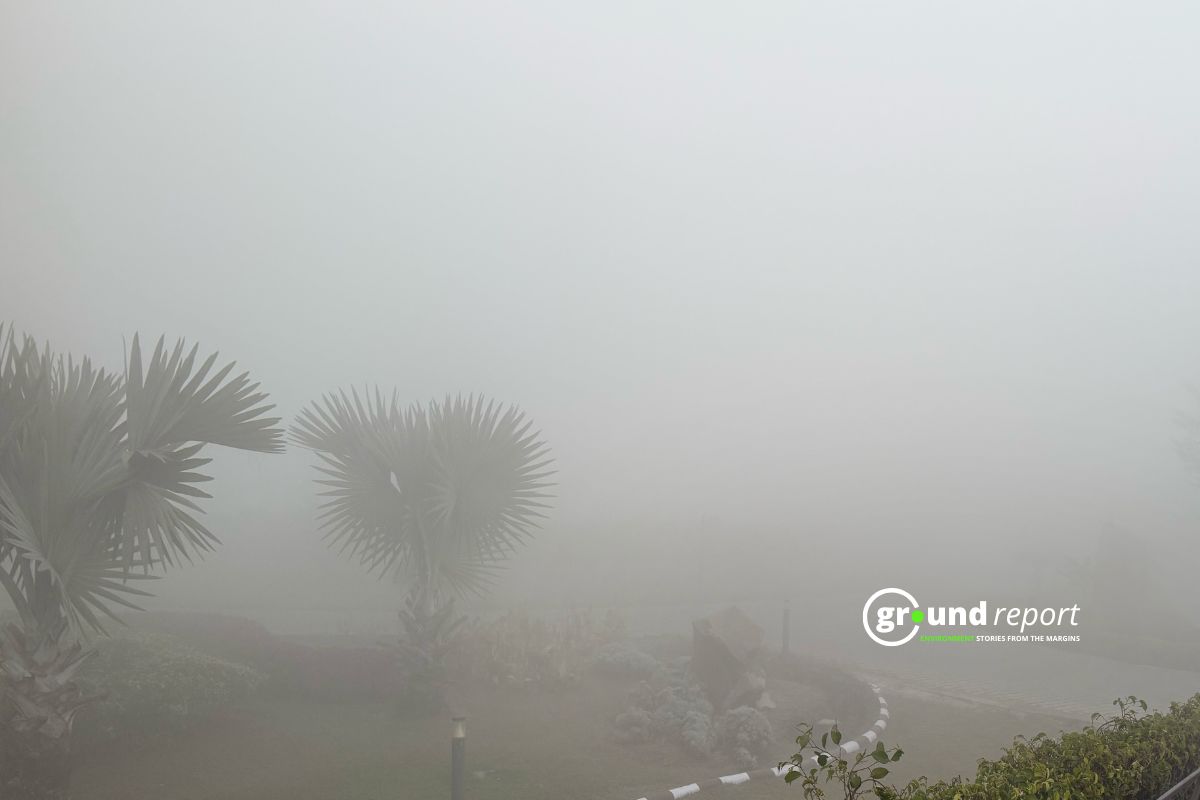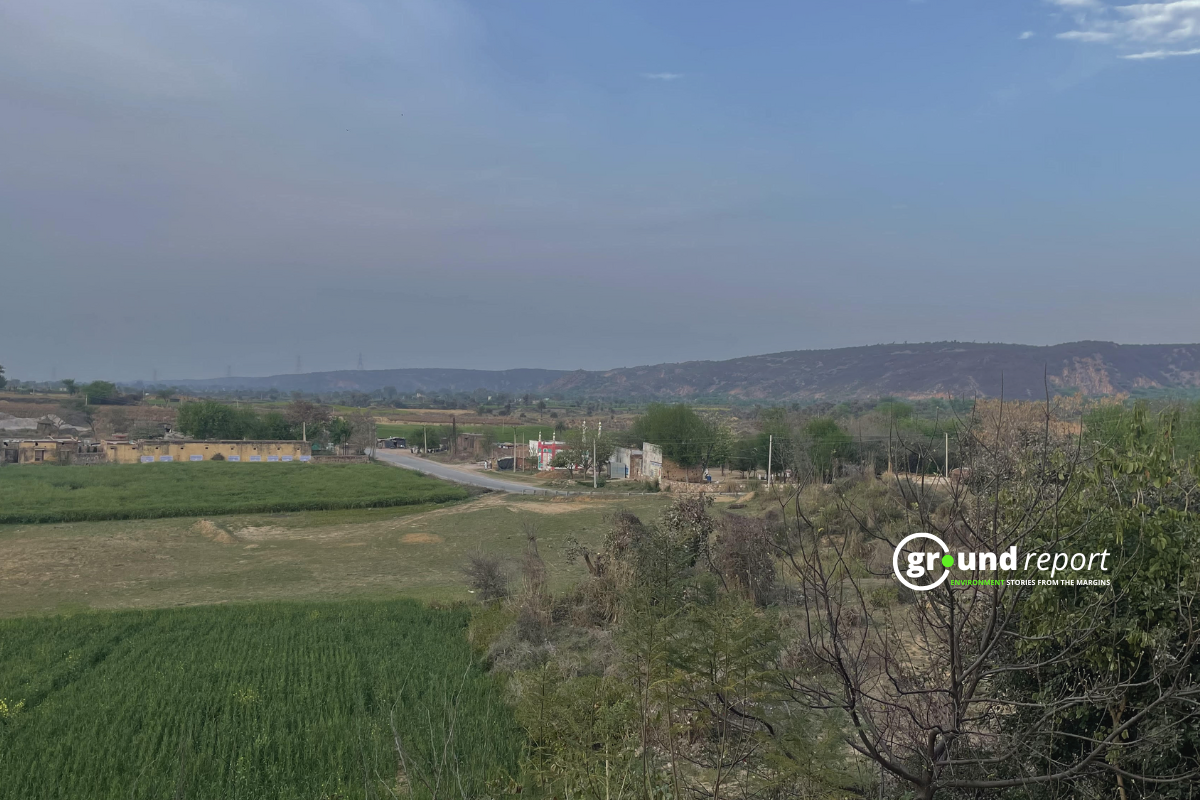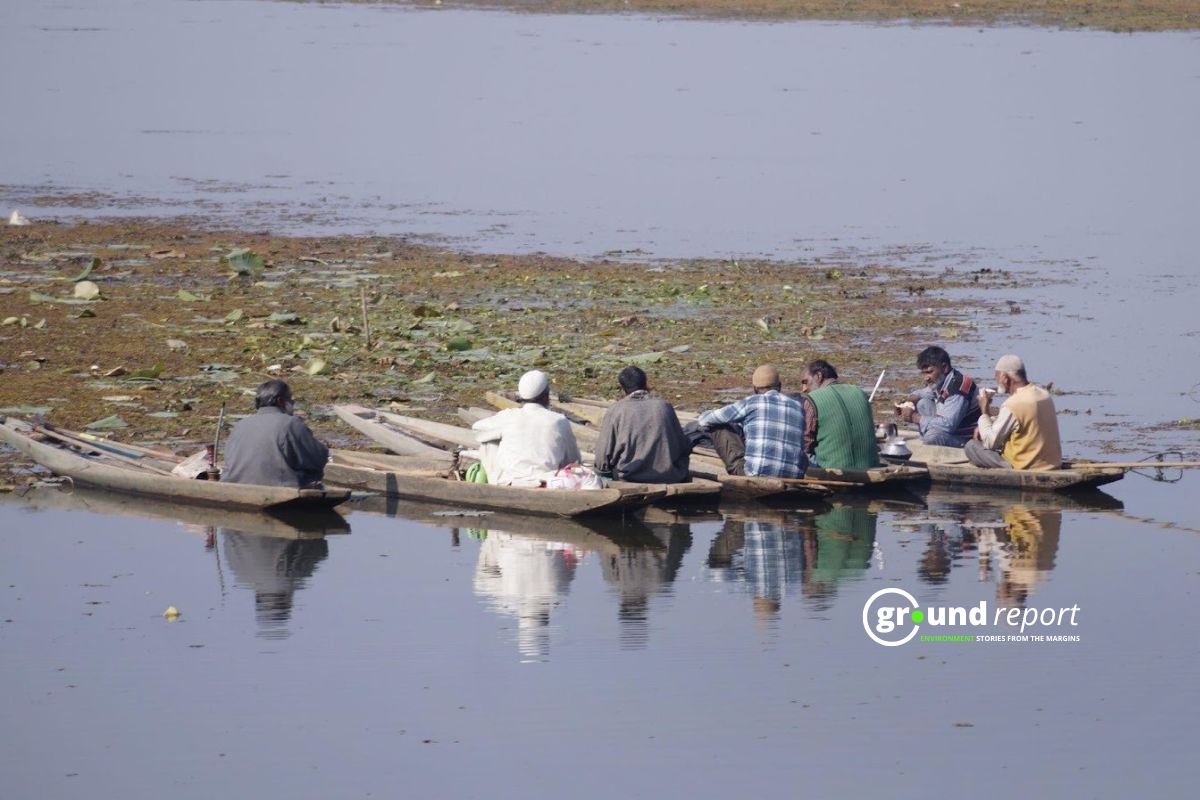2024 has seen extreme weather, with record-breaking heatwaves, floods, storms, and droughts harming people, wildlife, and the planet. The World Meteorological Organisation (WMO) warned that 2024 will be the hottest year on record, capping a decade of intense heat and unpredictable weather.
The World Meteorological Organisation (WMO) predicts 2024 will be the hottest year on record, capping a decade of deadly heat and intense climate events fuelled by human activities. Climate change impacts are evident globally, with millions suffering from heat, flooding, and storms while ecosystems degrade rapidly.
2024: Hottest year, extreme climate
In a late 2024 statement, UN Secretary-General António Guterres highlighted that the last ten years have seen the hottest years on record, with 2024 taking the top spot. This “decade of deadly heat” warns of a climate breakdown. Guterres emphasised the urgency for global leaders to act immediately to reduce greenhouse gas emissions and transition to renewable energy. “We must exit this road to ruin,” he stated, calling for significant measures to slow global warming in 2025 and beyond.
The WMO echoed Guterres’ call, with Secretary-General Celeste Saulo stressing that every fraction of a degree of warming increases climate extremes, including heatwaves, floods, and storms. “Temperatures are only part of the picture,” she explained, noting climate change is increasingly visible in extreme weather events. These events are causing significant loss of life, infrastructure damage, and long-term disruptions to communities worldwide.
Extreme weather events devastated lives and livelihoods worldwide in 2024. Heatwaves in Northern California, Mexico, Central America, and West Africa saw temperatures soar to dangerous levels, with some areas exceeding 50 °C. In southern Europe, scorching heat forced Greece to close its iconic Acropolis, while Southeast Asia faced extreme heat that led to school closures and disrupted daily life. These conditions affected countries across all continents.
Extreme weather worsened by climate change
The record-breaking heatwaves were part of a larger pattern of extreme weather intensified by human-caused climate change. Heavy rainfall and flooding plagued countries from Nepal to Brazil, while hurricanes and typhoons ravaged coastal areas.
In Mayotte, an Indian Ocean French overseas department, tropical cyclones caused significant loss of life and economic damage. WMO reports link many of these weather events to climate change, intensifying their frequency and severity.
The global heatwaves and extreme weather events had devastating effects on human health, causing thousands of deaths and displacing millions. A report by World Weather Attribution and Climate Central revealed that climate change added an average of 41 extra days of dangerous heat in 2024, threatening public health and ecosystems.
The report also pointed out that the poorest and least developed countries are bearing the brunt of these impacts, as they are more vulnerable and less equipped to handle extreme events.
The human toll of climate change extends beyond direct heat-related deaths. Long-lasting impacts on agriculture, water resources, and infrastructure affect livelihoods and well-being. In areas like the Amazon rainforest, extreme heat and droughts have led to biodiversity loss, while in regions like the Pantanal Wetland, wildfires exacerbated by high temperatures have decimated ecosystems.
Heatwaves, storms intensified by climate change
One of the most alarming findings of 2024’s extreme weather events was the impact of heatwaves, the deadliest extreme weather.
According to the WMO, heatwaves cause more fatalities than any other event, yet they are often underreported. In some cases, heat-related deaths are not accounted for in official statistics, making it harder to raise awareness and mobilise a response.
While natural climate patterns like El Niño contributed to extreme weather events in 2024, research shows human-induced climate change majorly exacerbated these events. As the planet warms, climate change effects override natural fluctuations, leading to more intense and frequent weather extremes.
Warm ocean waters and higher atmospheric temperatures fuelled the strength of storms like Hurricane Helene and Typhoon Gaemi, causing widespread destruction. The WMO’s research indicates climate change has made these storms stronger and more damaging than in a world without human-induced warming. This trend is expected to continue, with future storms becoming even more destructive as the climate warms.
Urgent climate action needed now
As we approach 2025, immediate action on climate change is urgent. The WMO and other climate organisations urge a rapid transition away from fossil fuels, as burning coal, oil, and natural gas drives global warming. Without swift action, extreme weather events will worsen, leading to devastating consequences for people and ecosystems.
Besides reducing emissions, the WMO has emphasised improving climate adaptation strategies in vulnerable countries. The poorest nations, which contribute the least to global emissions, are being hit hardest by climate change. Many lack the resources to prepare for and respond to extreme weather events, making them more susceptible to long-term impacts.
The WMO’s “Early Warnings for All” initiative aims to improve climate services and early warning systems to help vulnerable communities prepare for extreme weather. By providing more accurate and timely information, these systems can save lives and reduce the economic toll of climate disasters. International cooperation will be crucial in addressing the growing risks of extreme heat, focusing on a coordinated framework for heat action plans.
Support us to keep independent environmental journalism alive in India.
Follow Ground Report on X, Instagram and Facebook for environmental and underreported stories from the margins. Give us feedback on our email id greport2018@gmail.com.
Don’t forget to Subscribe to our weekly newsletter, Join our community on WhatsApp, Follow our Youtube Channel for video stories.
Keep Reading
MP’s air quality crisis: Too much smoke, too few monitoring stations
Lack of electricity connection, power cuts delay wheat sowing in MP
14 waste-to-energy plants producing 202 MW: Govt in Lok Sabha
Mohanpura irrigation project: promises vs reality
Climate crisis intensifies struggle for India’s informal waste pickers






